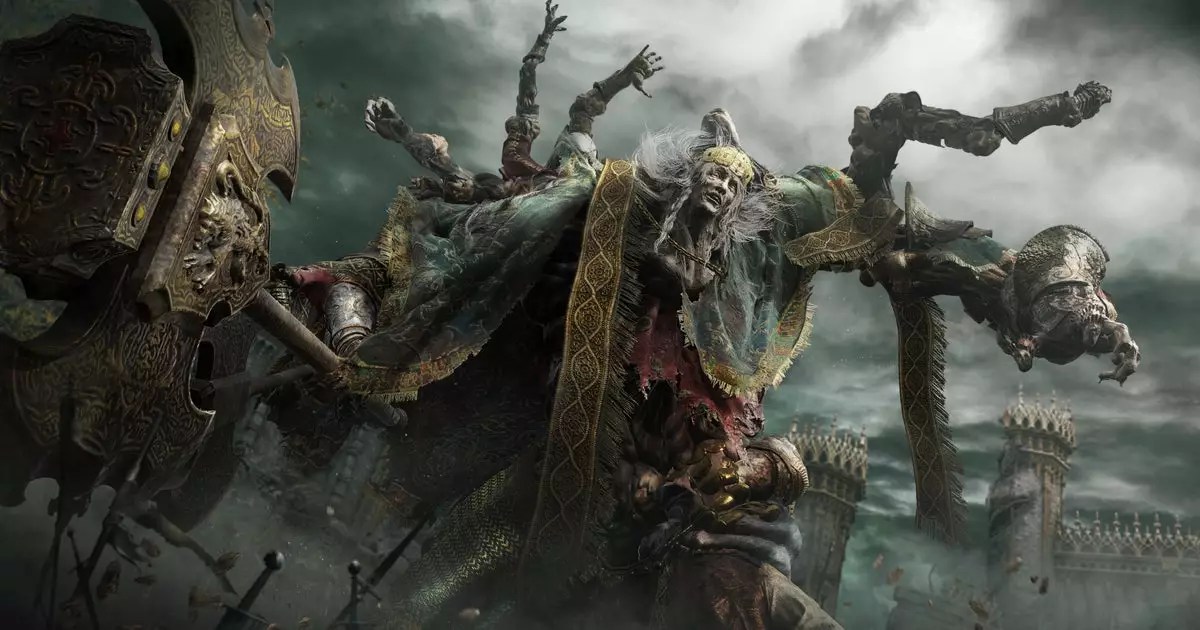In a rapidly shifting corporate landscape, the gaming industry is witnessing an escalation in mergers and acquisitions. Recent reports indicate that Sony is actively pursuing a purchase of Kadokawa, the media conglomerate behind the acclaimed game developer From Software. This potential acquisition is reminiscent of a high-stakes game of chess, where strategic moves could reshape the gaming ecosystem. By acquiring Kadokawa, Sony is not only eyeing a treasure trove of beloved video game franchises—including the illustrious Dark Souls series and the captivating Danganronpa games—but also a rich catalog of manga and anime properties that could enhance its media portfolio.
The implications of Sony acquiring Kadokawa extend beyond immediate revenue generation; they symbolize a broader trend of corporate consolidation in the gaming industry. Owning a diverse range of gaming studios, such as Spike Chunsoft and Acquire, would allow Sony to consolidate its influence over both established franchises and emerging titles. This acquisition could lead to more synergistic projects that blend gaming and storytelling, capitalizing on Kadokawa’s vast intellectual property. It’s important to critically evaluate what this means for gamers. While having a monolithic entity control beloved franchises may ensure a certain level of quality, it could also stifle innovation and limit the variety of voices in gaming development.
There is a growing concern about the trend of exclusivity that may arise from this acquisition. If Sony turns From Software’s next endeavor into a PlayStation exclusive, it could create divisive scenarios among gamers who may feel alienated by being unable to access anticipated titles. On the other hand, the traditional model of gaming has been shifting; time-limited exclusivity has become more common, offering the promise that eventually, titles will be available to a broader audience, including PC gamers. This approach allows for a larger player base but raises questions about the longevity of standalone experiences that previously thrived on exclusivity.
As Kadokawa navigates the aftermath of a recent ransomware attack—one that might have punctuated its resilience—the enhancement of its project pipeline becomes more critical than ever. With 26 game projects reportedly in development, the integration into Sony’s infrastructure could both amplify these projects through improved resources and market reach while simultaneously diluting the creative risks that smaller studios typically embrace. The financials also pose questions; Sony’s investment in this acquisition must yield substantial returns, particularly in light of past losses, which raises the stakes even higher for both companies.
Sony’s potential acquisition of Kadokawa represents not just a simple business transaction but a significant turning point in the gaming industry. While this merger could lead to enhanced gaming experiences and a more robust portfolio, it also signifies a step into an era dominated by corporate consolidation. The impact of such moves reverberates through the gaming community, affecting everything from game development freedom to player accessibility. As this saga unfolds, both gamers and industry stakeholders must ponder: what does the future hold in an age where mega-corporations aggressively pursue not just dominance, but the very essence of creativity in gaming?


Leave a Reply